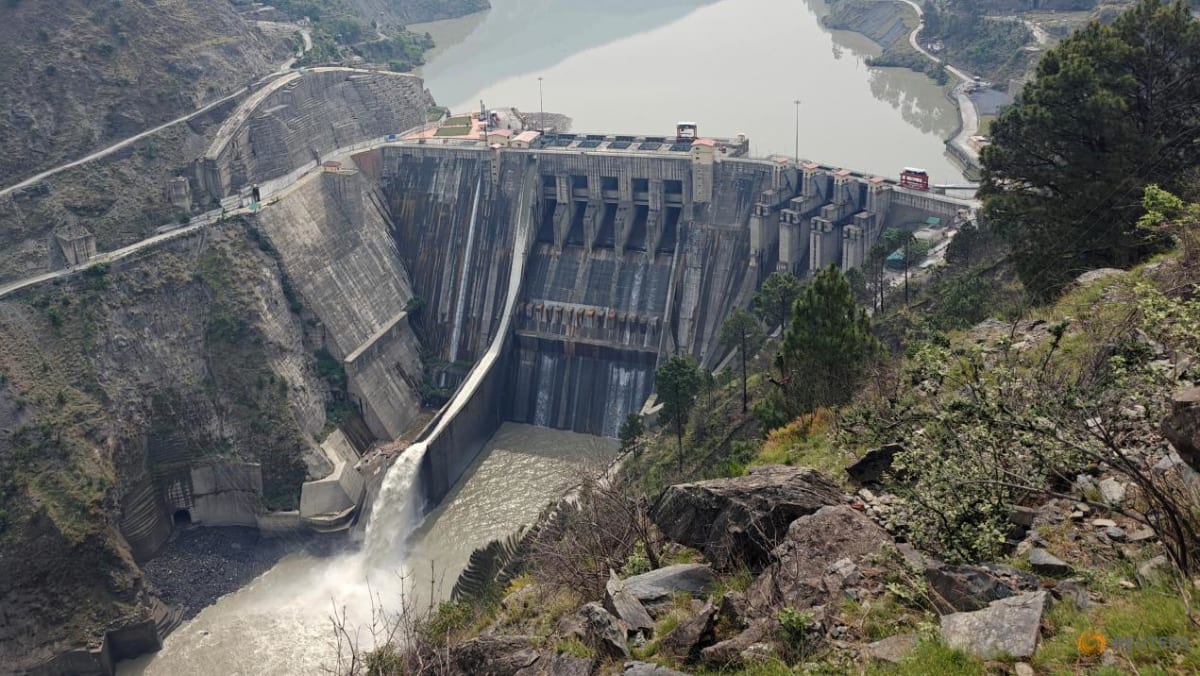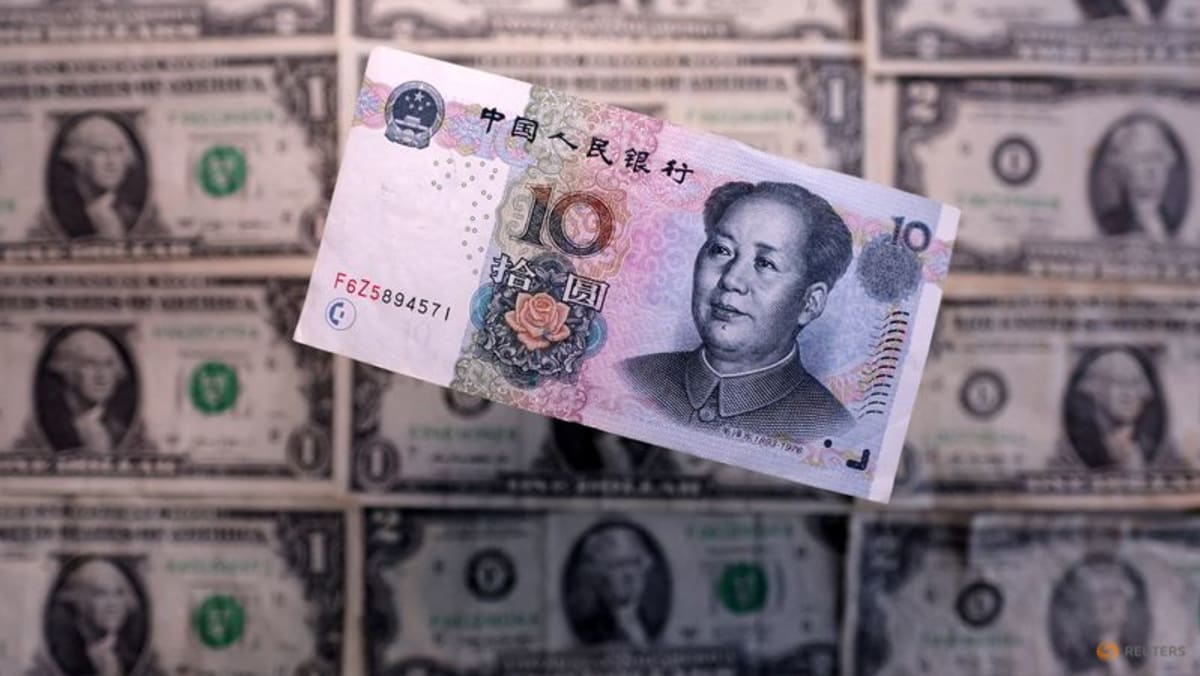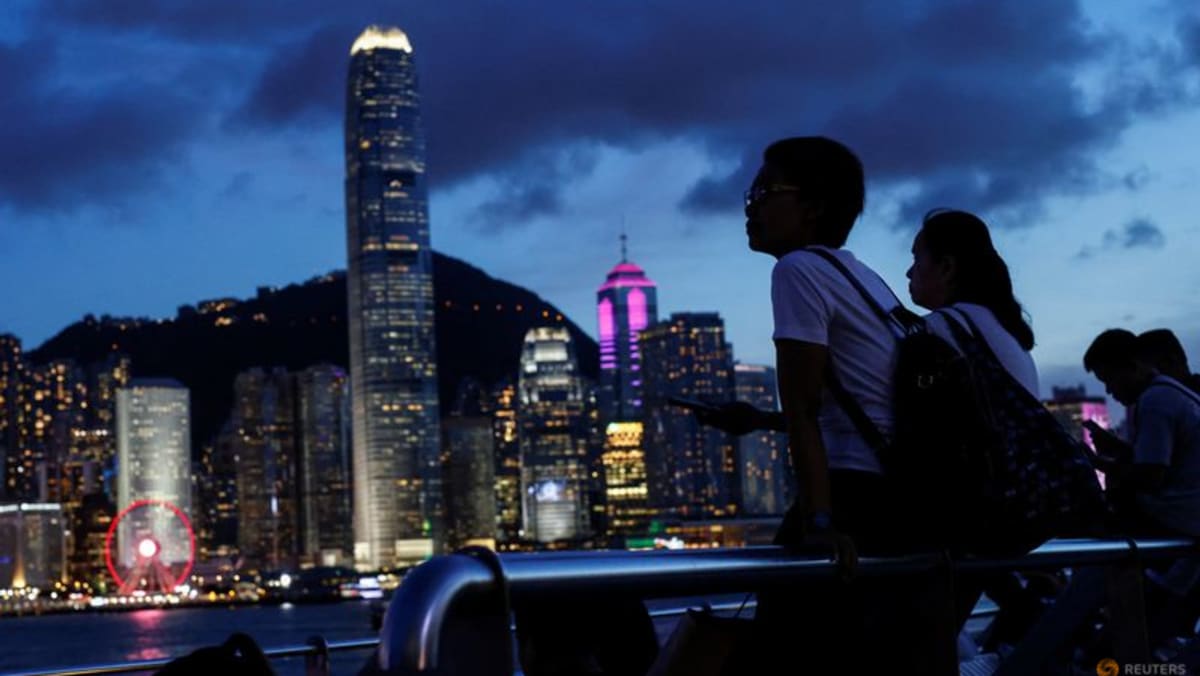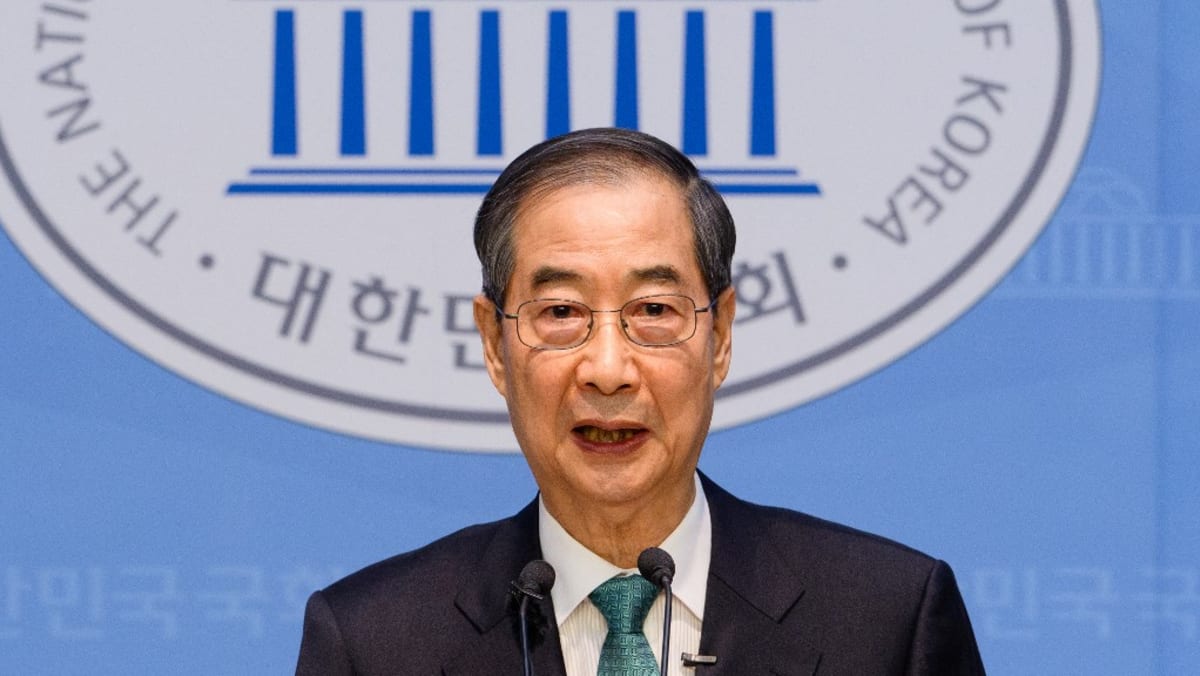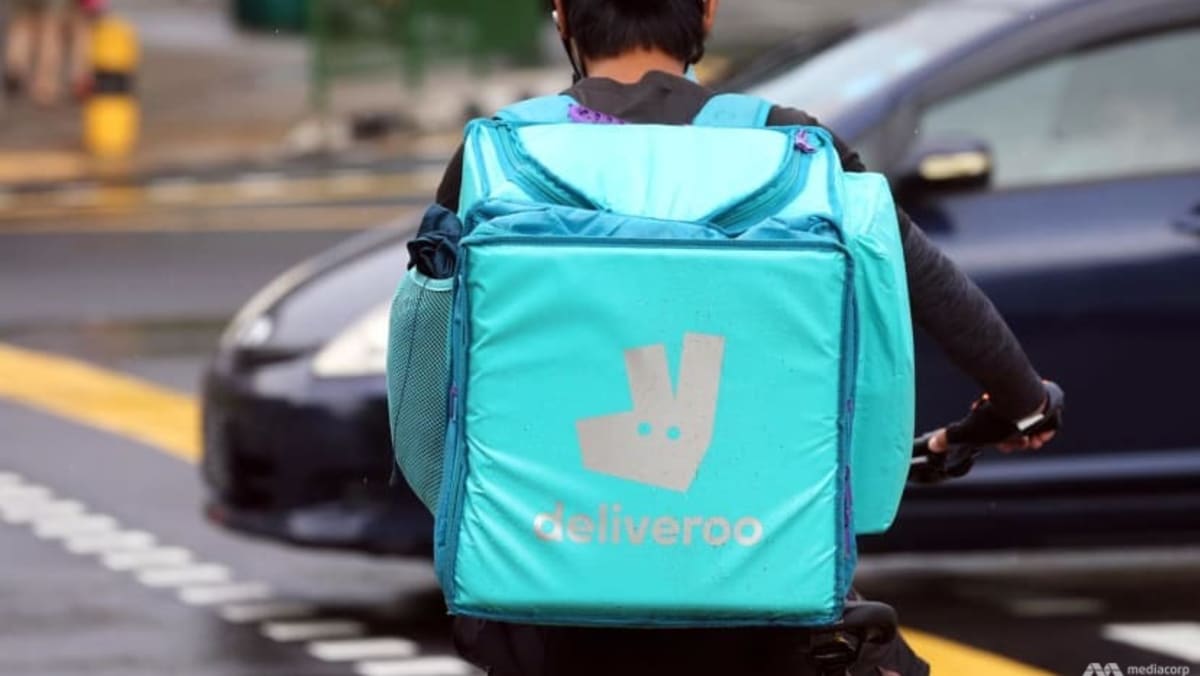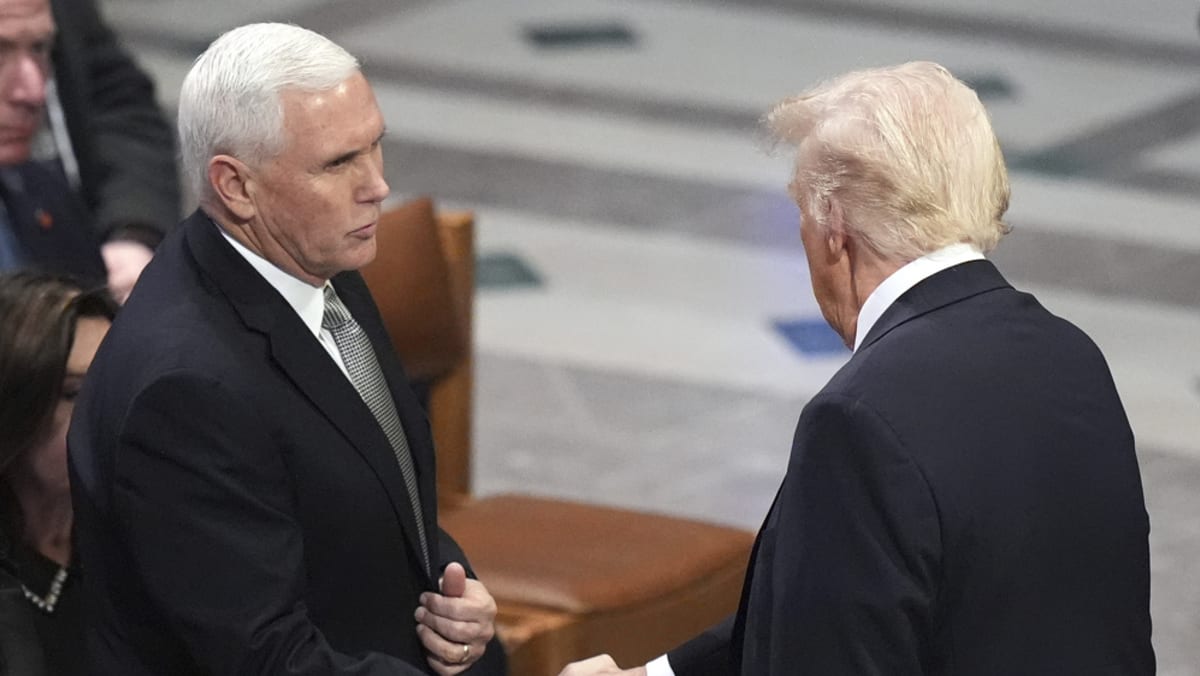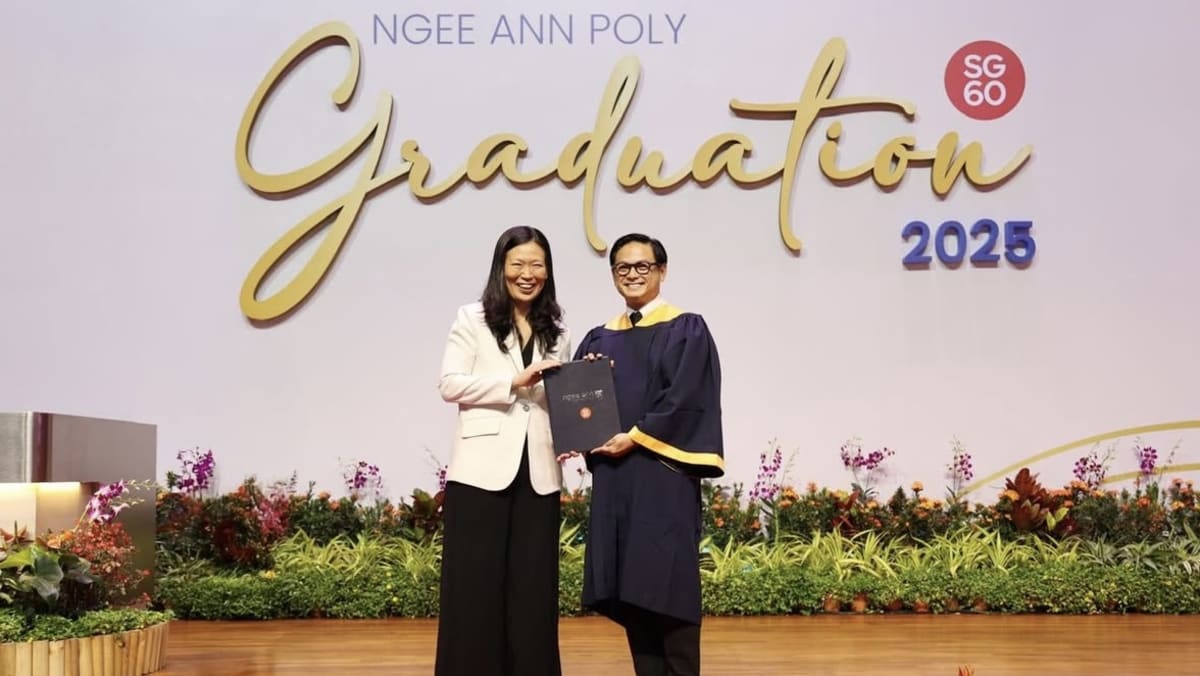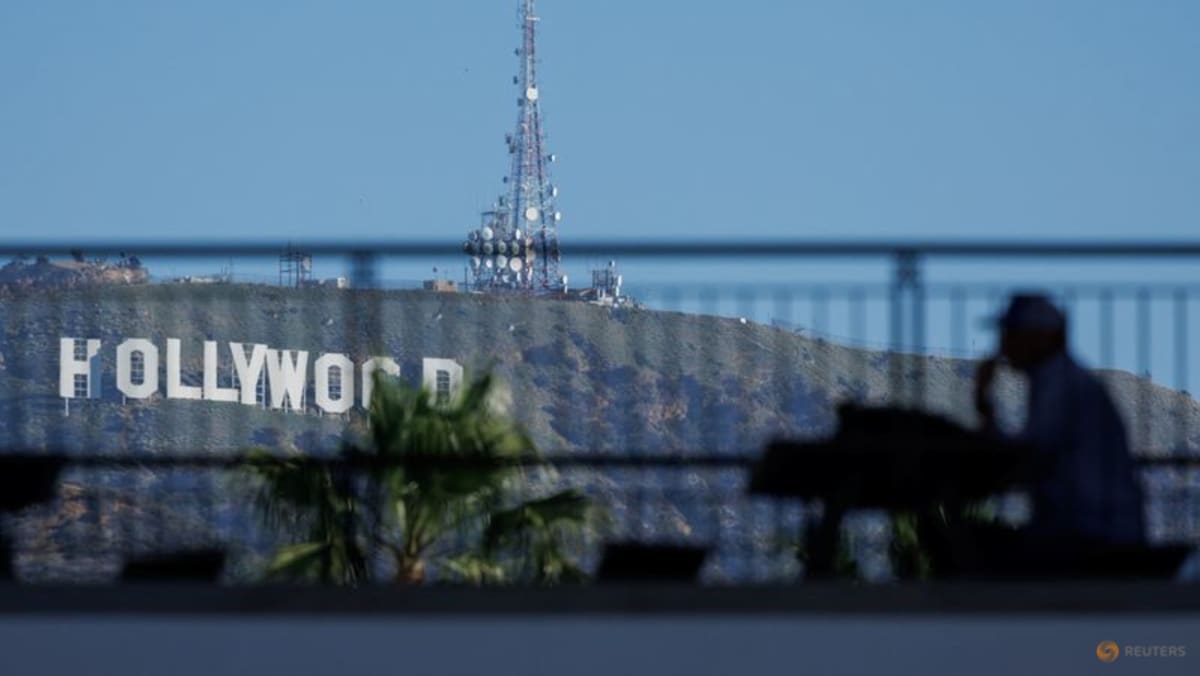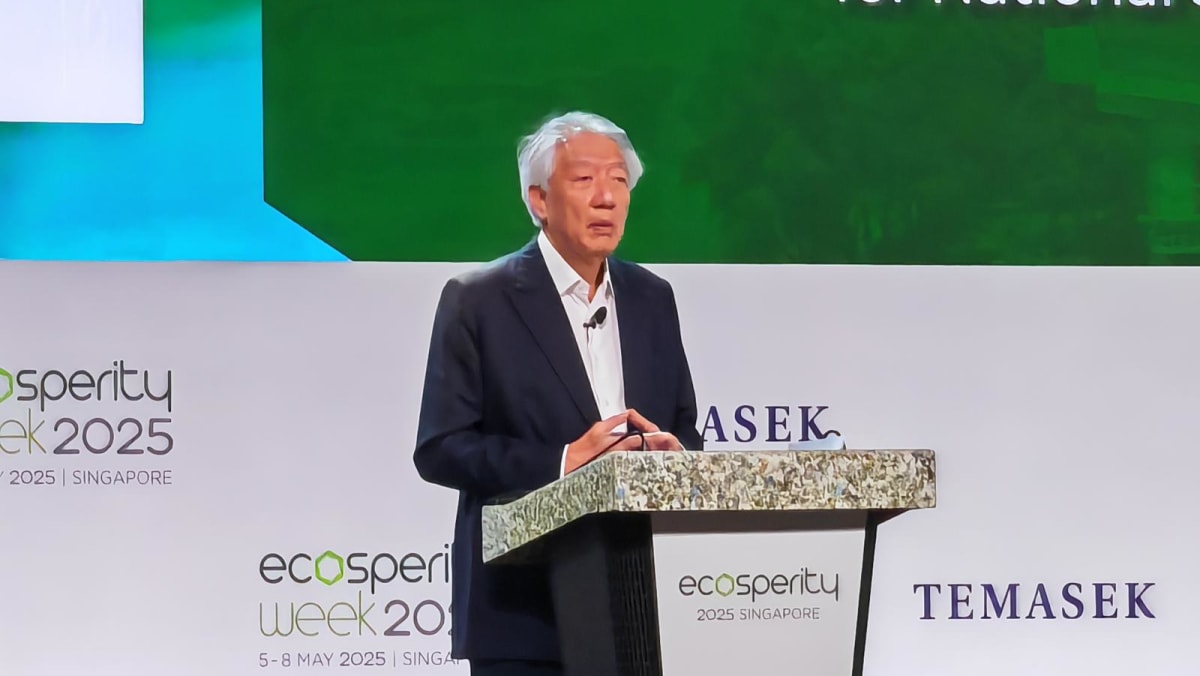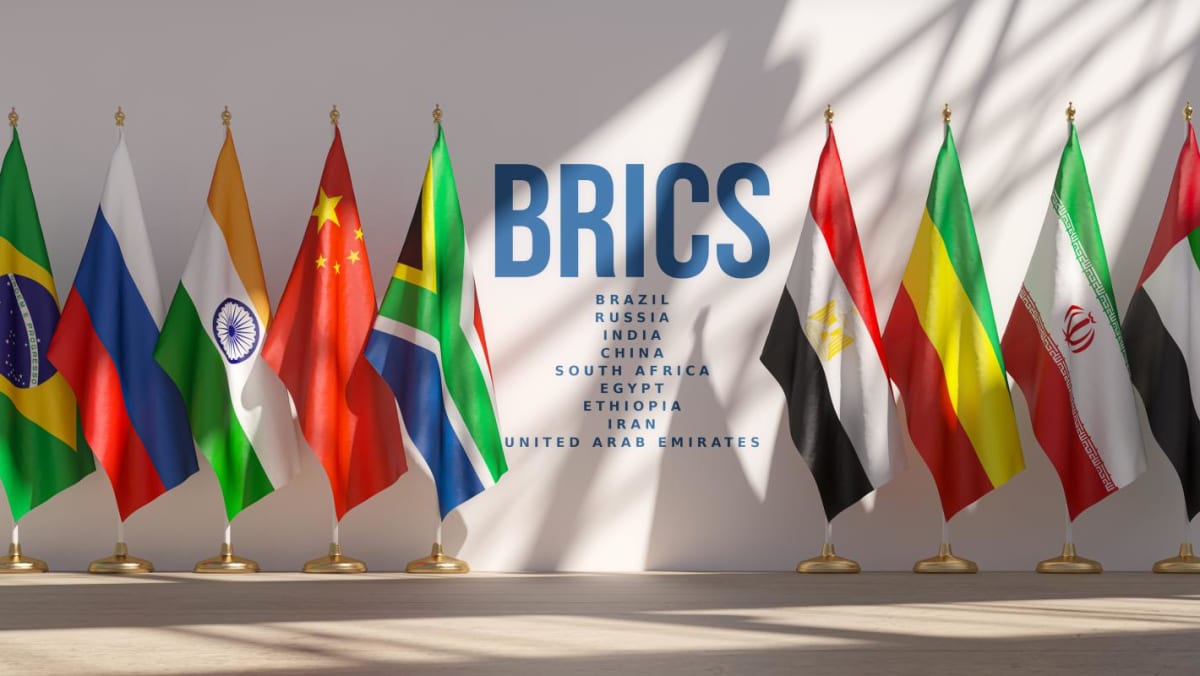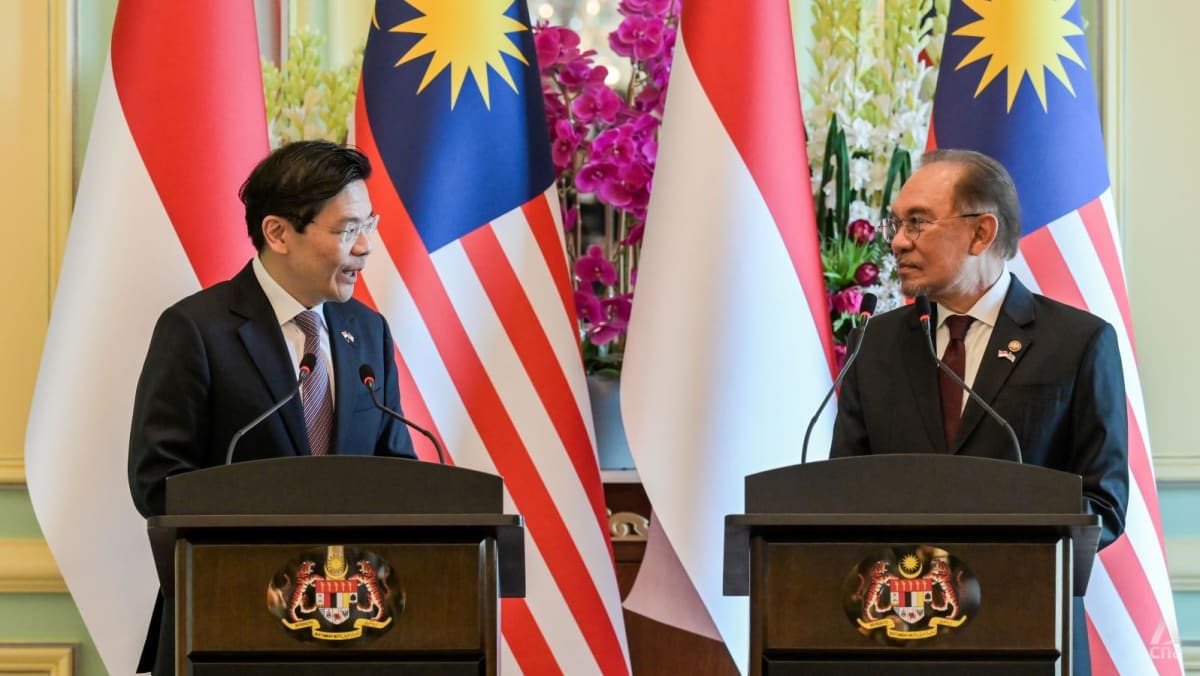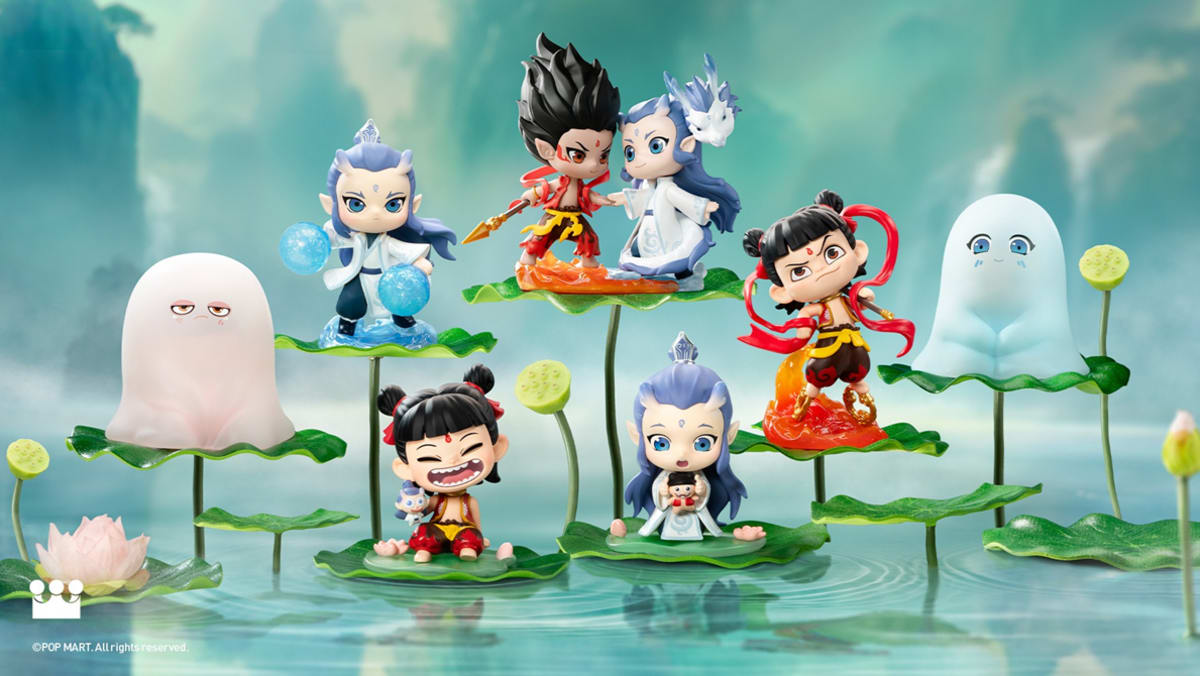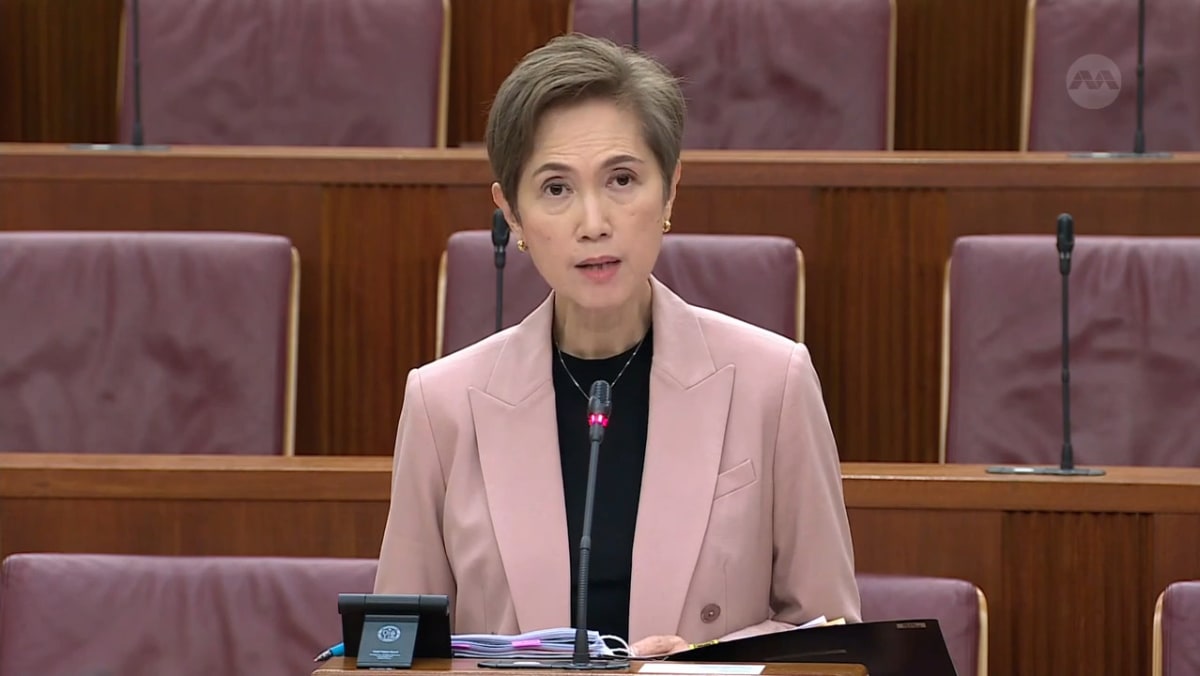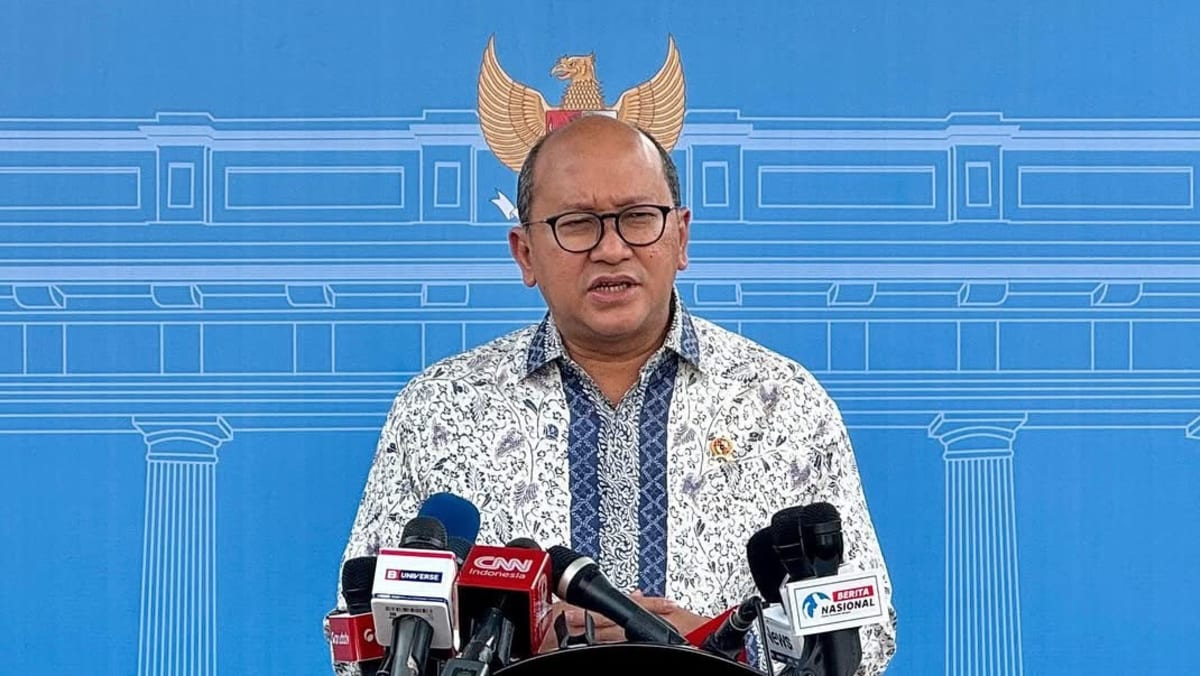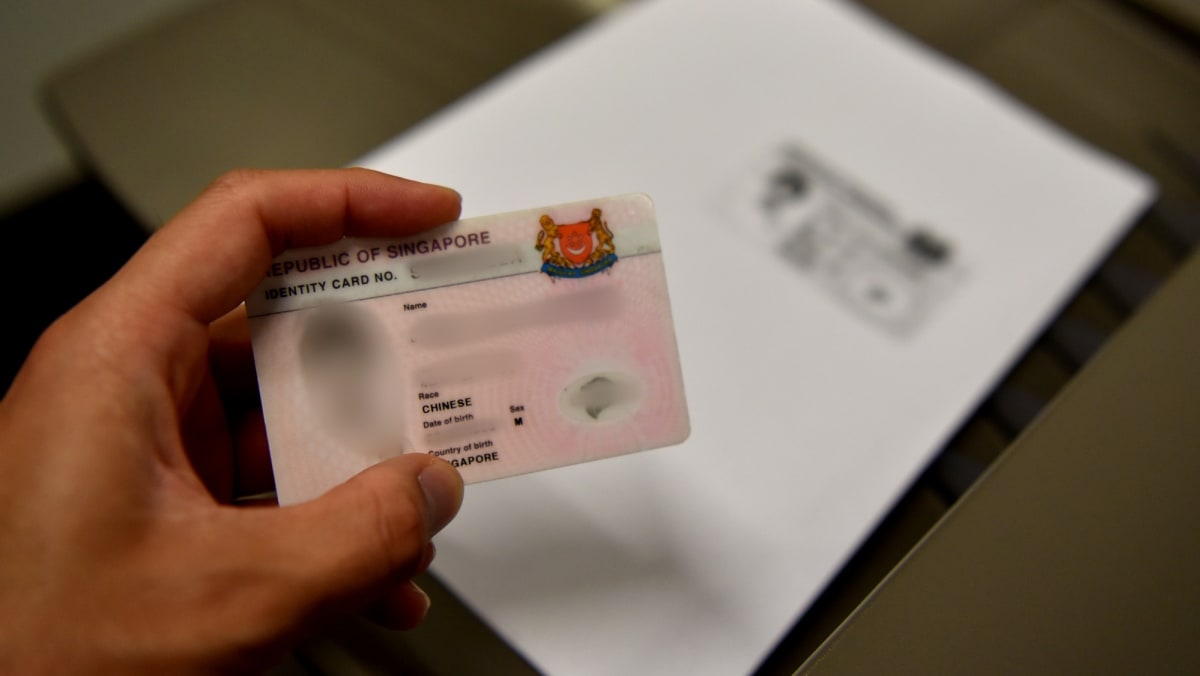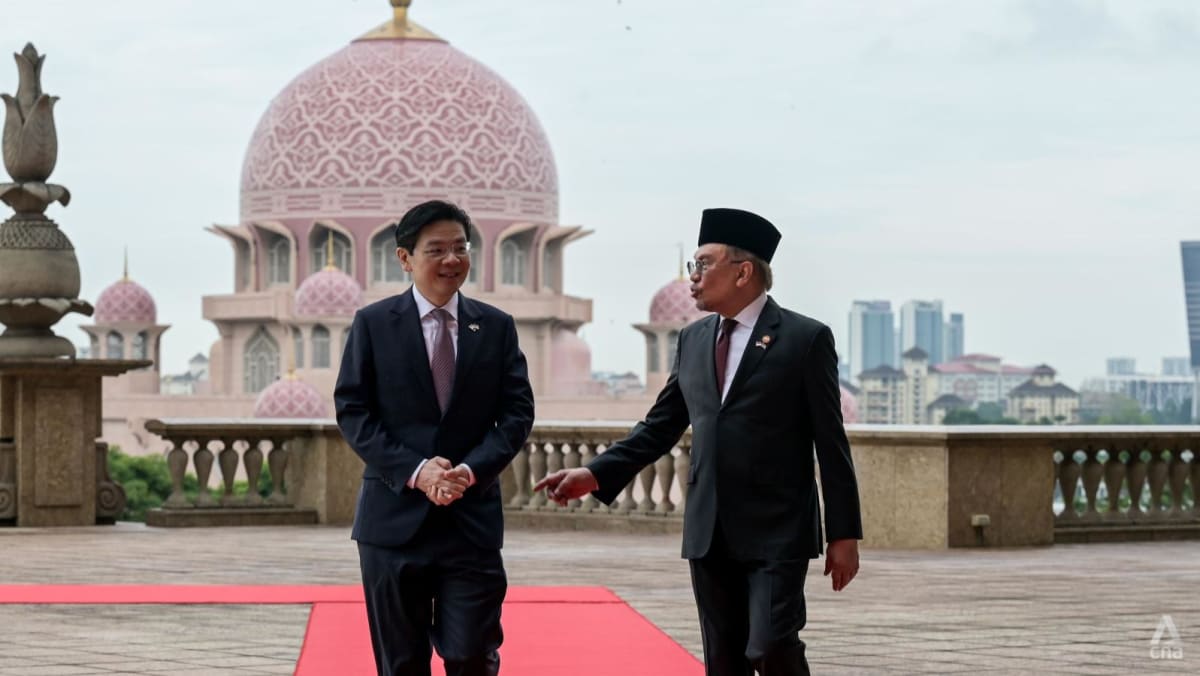Australian Prime Minister Anthony Albanese’s surprise re-election triumph was buoyed by luck, timing and an anti-Trump wave, said analysts.
The landslide win on Saturday (May 3) made him the first Australian prime minister in two decades to snag a second consecutive term, and returned the Labor government to power with a thumping majority.
Justin Hastings, a professor at the University of Sydney, said the resounding victory was “a bit surprising” given the centre-left Labor Party had been relatively unpopular and trailing in opinion polls until recently.
But in the past few months, United States President Donald Trump’s sweeping tariffs upended global trade and ushered in a new era of disruption.
Ahead of the polls, one survey showed almost half the voters picked uncertainties triggered by Trump as one of their top five concerns.
Analysts said the swing towards Labor could be due to voters’ perceptions of which party could better manage the impact of trade tensions.
“(Labor) presented itself as a disciplined, cohesive party with a set of policies that were generally well explained ... and so seemed to give the best possibility for dealing with the tariffs in the current context,” said Rodney Smith, a professor of Australian politics at the same university.
STABILITY ON THE DIPLOMATIC FRONT
Hastings added that voters were concerned that the opposition Liberal Party would be “less able to deal with Trump than the Labor Party”.
“A lot of this is luck and good timing. Albanese is not a particularly inspiring leader,” said the professor of government and international relations.
Australia's Labor government, which has increased its majority in the House of Representatives, has promised to prioritise dealing with the US-China trade war, as well as domestic issues including cost-of-living concerns.
Experts said Albanese’s win is set to give Australian politics continuity and stability on the foreign policy front.
Rob Manwaring, an associate professor at Flinders University’s college of business, government and law, pointed to the “Trump effect” and “global disturbances” that shaped the election.
“So I think the Albanese government will be seeking to be kind of cautious, stable and reassuring,” he told CNA’s East Asia Tonight.
AUSTRALIA-US RELATIONS
Already, Albanese said Monday he had a "warm conversation" with Trump on tariffs and the AUKUS defence pact, adding the two sides will continue to engage with each other.
Australia is one of the least-impacted countries under Trump's new global tariff regime, hit with a base levy of just 10 per cent on its exports to the US.
Still, Albanese is expected to “make a stronger commitment to try to get Trump to drop the tariffs entirely,” said Hastings.
Pointing to historically strong ties between Australia and the US, analysts said security pacts like AUKUS are expected to continue regardless of the tariffs.
“Both the major sides of Australian politics have been very keen over the years to preserve strong relations – particularly strong defence relations – with the US, and to do nothing to jeopardise that,” said Smith.
AUSTRALIA-CHINA TIES
Under Albanese, ties between Australia and China warmed, and most trade barriers between the two countries were lifted.
Analysts said the prime minister is expected to keep the relationship open and successful through his second term, and tread delicately around Canberra's concerns about China’s activities in the South China Sea.
“Albanese has highlighted his moderate approach to foreign policy, and that includes balancing Australia's trade interests with China and its security ties to the US,” Smith said.
The nation’s longer-term strategy is likely to diversify its economic and strategic bases away from both China and the US, Hastings said, adding that Southeast Asia is one of the regions Australia will be setting its sights on for closer cooperation.
Albanese’s first post-election overseas visit will be to Jakarta, and he also has plans to attend the Association of Southeast Asian Nations (ASEAN) summit in Kuala Lumpur later this month.
“It does point to the importance of Indonesia, the growing Indonesian economy and (its) strategic importance,” said Smith.
“Australia will do this the way that it always has as a middle power, by negotiating in good faith with allies, in striking deals where it can, particularly free trade deals.”
The diversification of Australia's markets means trade with the US could diminish slightly. Still, Smith said he expects the US to remain an important trading partner to Australia throughout the Trump administration.
Manwaring said that compared to his predecessors, Albanese seems to harbour less political ambition on the global stage.
“The global rules order is more unstable than it's ever been before. I think Albanese will take a kind of more cautious and pragmatic relationship with a number of key countries to try and help sort of dampen down these kinds of rising tensions,” he added.

